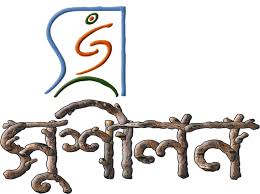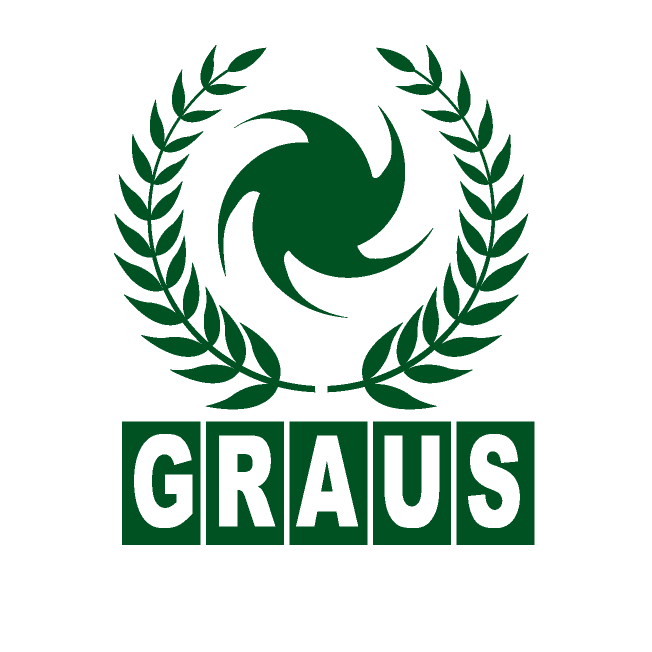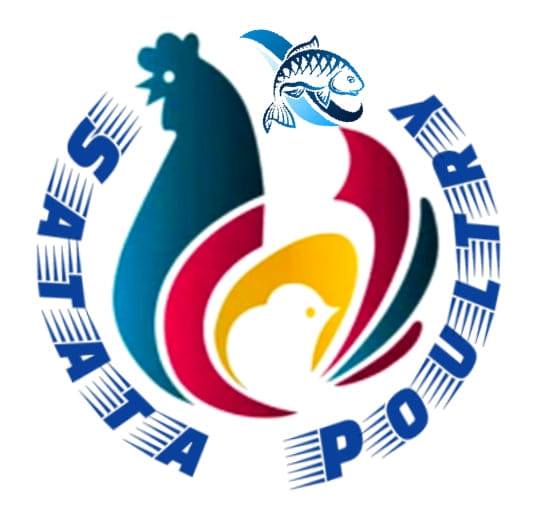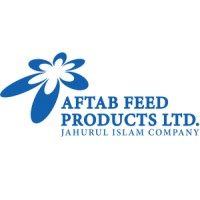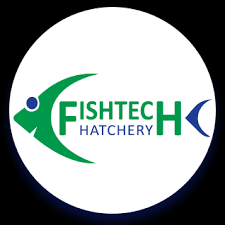FishBase - SeaLifeBase Symposium
On 5 - 6th September 2022, the annual FishBase/SeaLifeBase symposium will be held at WorldFish, Penang. This symposium will be an opportunity to illustrate the different uses of FishBase and SeaLifeBase in the fields of ecology, biogeography, fisheries, taxonomy or aquariology. It will highlight the contribution of these two global information systems to the knowledge of biodiversity and the sustainable use of aquatic ecosystems, and those from various other databases.
